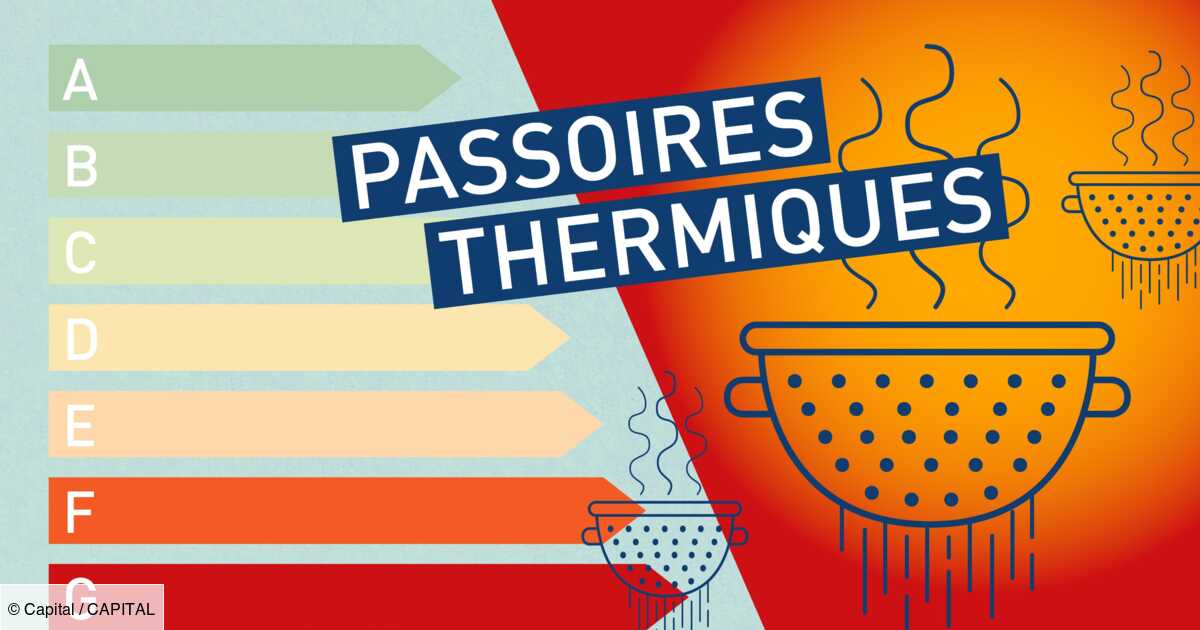Black Friday returns every year, with its promises of incredible discounts and tempting window displays. But behind the labels and the striking percentages, watch out for the pitfalls.
Imported from the United States, Black Friday has established itself in France and takes place this year on Friday November 29, 2024. The opportunity to find great discounts on most online sales sites and in physical stores. The categories of products on promotion are numerous: household appliances, cosmetics, ready-to-wear, shoes, decoration, games and toys, IT, telephony, DIY, etc.
For consumers, Black Friday is often a godsend, especially as the end-of-year holidays approach. But you still need to spot the real good deals and be wary of scams. Because there are many of them, mainly on the Internet, starting with false promotions. As the Ministry of the Economy points out on its website, “any price reduction announcement must be accompanied by a reference price corresponding to the lowest price charged by the professional over the last 30 days. Not to be confused with the “recommended” price by the supplier or the price of competitors”. This is the first sign to spot so as not to be fooled!
Among the schemes used by scammers, there are also promotions that are supposedly limited. Seeing a countdown displayed, or the message “limited stock”, pushes the consumer to purchase without even taking the time to check if the offer is really that advantageous. “Don’t let yourself be rushed and manipulated: take the time to think about your purchase and compare offers and prices”advise the authorities.
The other sign to look out for is hidden fees and subscriptions in offers. Generally, this goes unnoticed, you think you are getting a good deal except that the merchant has added a subscription to a service or additional costs to your basket. So take the time to check your online basket carefully before validating your payment. Return policies can also be a warning. In France, consumers have 14 days after delivery to withdraw from an online purchase. It’s the law, and it even applies to a product “sale, second-hand or out of stock”, indicates the ministry. If you respect this deadline, the seller cannot refuse the return of your order and its refund.
Furthermore, when shopping online, you may be confronted without realizing it with certain fraudulent sites. It is therefore important to take some precautions to make secure online purchases. To better spot them, Benoit Grunemwald, cybersecurity expert at ESET France, recommends for example using a secure connection, checking site URLs, reading shipping and return policies and regularly reviewing your bank statements. to get compensation from your bank in the event of a scam.









